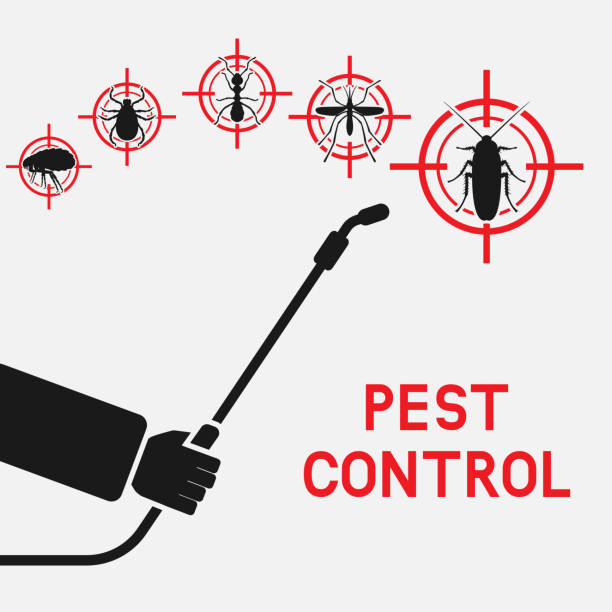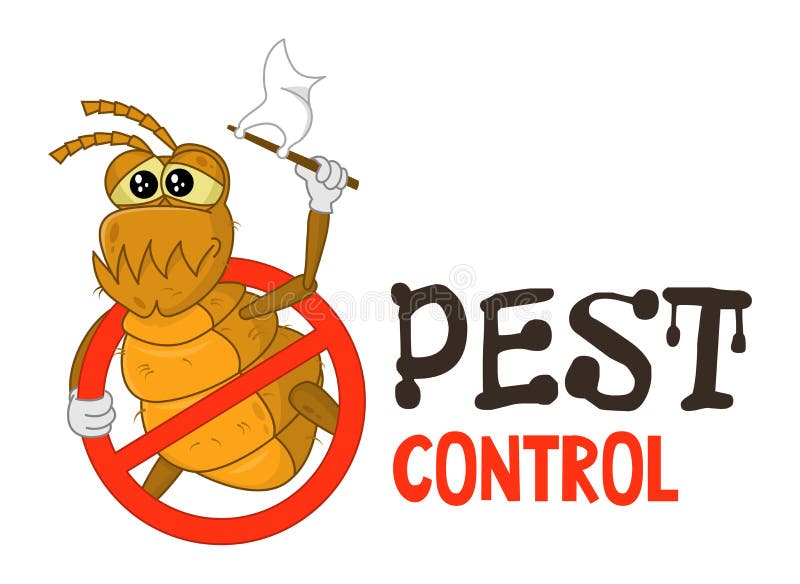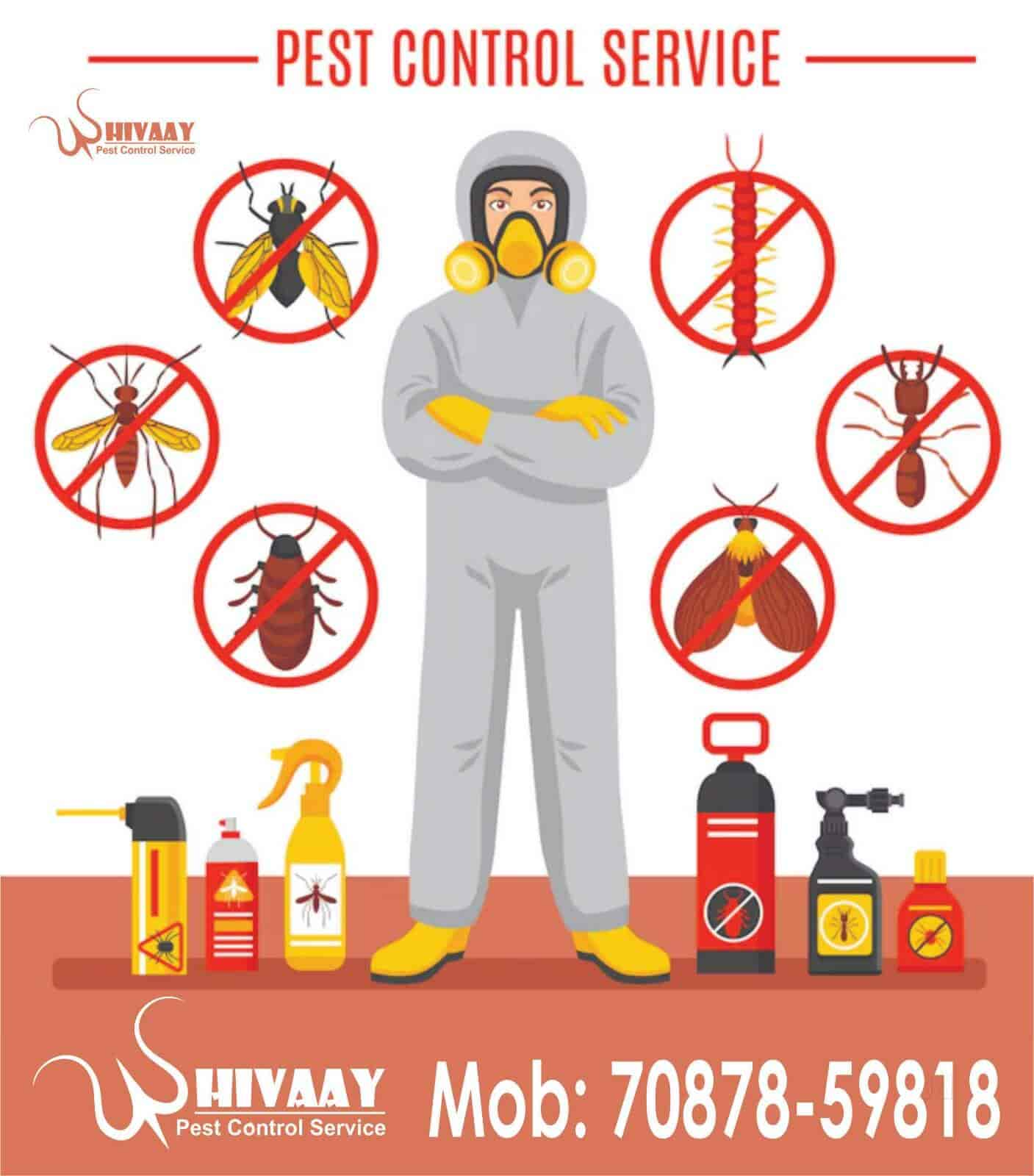Safe and Trustworthy Pest Control for Lasting Defense
The significance of risk-free and dependable parasite control can not be overstated, particularly in an age where environmental worries are paramount. Efficient parasite management needs a complex strategy that balances ecological honesty with the demand for reliable insect reductions. By discovering environmentally friendly remedies and integrated bug monitoring strategies, property owners can achieve long lasting defense versus invasive species while protecting valuable communities. The subtleties of these approaches might not be immediately clear, prompting a closer evaluation of the methods that can lead to sustainable insect control outcomes. What actions can be taken to guarantee both security and effectiveness in bug administration?
Comprehending Insect Control Approaches
Parasite control includes a variety of approaches focused on managing and eliminating unwanted pests and rodents that can endanger both health and building. Comprehending these approaches is vital for effective pest monitoring.
The main categories of pest control approaches consist of mechanical, biological, and chemical techniques. Mechanical methods include physical obstacles and traps to stop parasite entrance and capture unwanted varieties. For example, utilizing displays on windows or employing sticky traps can substantially decrease insect populaces without presenting harmful compounds.

Chemical bug control is typically the most acknowledged technique, utilizing chemicals to eliminate insects. These chemicals can be reliable yet must be made use of with caution to prevent unfavorable effects on non-target varieties and the environment.
Advantages of Eco-Friendly Solutions
Exactly how can environment-friendly services change bug control practices? The fostering of environmentally friendly pest control techniques offers countless benefits, significantly improving the efficiency and safety of bug management.

Another advantage is the favorable influence on local biodiversity. Environmentally friendly remedies are developed to target certain parasites while preserving useful bugs and wild animals, promoting a balanced environment. This strategy aligns with the growing consumer demand for sustainable techniques, boosting the reputation of pest control suppliers.
Integrated Parasite Monitoring Strategies
The application of environment-friendly options normally brings about the fostering of Integrated Parasite Monitoring (IPM) approaches, which further enhance pest control efficacy. IPM is a holistic strategy that incorporates numerous methods to take care of parasite populaces while lessening environmental impact. This strategy emphasizes making use of organic, social, mechanical, and chemical controls, making sure a sustainable and balanced approach of parasite administration.
One fundamental facet of IPM is the comprehensive assessment of parasite task and ecological conditions. By monitoring parasite populaces and determining their life process, experts can apply targeted treatments that disrupt the parasite's environment or lifecycle, decreasing dependence on chemical pesticides. Additionally, social techniques such as plant rotation and habitat manipulation can substantially lessen insect facility and reproduction.
Another critical part is using organic control representatives, such as useful pests or bacteria, which can naturally reduce pest populaces. When chemical applications are necessary, IPM prioritizes using low-risk pesticides and uses them selectively, decreasing direct exposure to non-target microorganisms and humans.
Including IPM techniques not just improves insect control performance however also promotes a more secure community, straightening with the growing demand for lasting practices in bug monitoring.
Safe Practices for Property Owners
Recognizing the importance of risk-free techniques in pest control can empower house owners to effectively manage bug concerns while safeguarding their health and wellness and the atmosphere. Carrying out preventive steps and non-toxic techniques is critical in minimizing exposure to damaging chemicals.
Property owners must first evaluate their environment for conditions that attract parasites, such as standing food, water, and clutter waste. Routinely cleaning and securing access factors can prevent insects from invading the home. Utilizing all-natural deterrents, such as necessary oils or diatomaceous earth, can offer reliable alternatives to chemical pesticides.
When chemical therapies are required, property owners should choose products that are specifically labeled as secure for property use. It is important to follow application standards thoroughly to avoid too much exposure. Moreover, utilizing targeted therapies in areas where pests are recognized, rather than covering spraying, can considerably lower chemical use.
Finally, maintaining open interaction with pest control specialists is vital. Home owners need to ask about the security of products utilized and demand green options whenever feasible. By taking on these safe techniques, house owners can develop a healthier living atmosphere while properly managing bug concerns.

Tips for Long-Term Security
Developing a parasite management technique that emphasizes lasting defense can substantially enhance the efficiency of the secure methods formerly reviewed. To achieve this, house owners must apply regular evaluations of their building, concentrating on hidden areas such as attic rooms, cellars, and crawl rooms. Early discovery of you can look here parasite task is critical in avoiding invasions from holding.
In addition, keeping a tidy setting is essential. This consists of appropriate food storage space, immediately cleaning up spills, and regularly disposing of garbage. These practices reduce attractants that attract pests right into the home. Securing entrance points, such as splits around windows and doors, can effectively obstruct prospective bug accessibility.
Landscape design must also be considered; maintaining plants cut and keeping a distance in between plant life and the home reduces hiding areas original site for insects. Making use of natural deterrents, such as essential oils or diatomaceous planet, can further dissuade infestations without turning to severe chemicals.
Last but not least, collaborating with a professional bug control service for regular assessments browse around these guys can give an extra layer of protection. These professionals can offer customized recommendations and progressed therapies, guaranteeing that your home continues to be safeguarded versus insects in the long-term.
Conclusion
Finally, safe and trustworthy parasite control requires a diverse approach that highlights eco-friendly techniques and incorporated pest administration. By applying natural deterrents, carrying out normal assessments, and maintaining appropriate hygiene, home proprietors can significantly decrease parasite populations while shielding advantageous bugs and the setting. Cooperation with specialist pest control solutions boosts the performance of these strategies, ensuring tailored services that offer enduring security and peace of mind versus future invasions.
Reliable bug monitoring calls for a complex strategy that stabilizes eco-friendly honesty with the demand for reliable parasite reductions. The fostering of environment-friendly bug control techniques uses many benefits, substantially improving the effectiveness and safety of pest monitoring.The execution of environment-friendly remedies normally leads to the adoption of Integrated Pest Monitoring (IPM) methods, which additionally enhance pest control efficacy. exterminator coquitlam. By monitoring insect populations and identifying their life cycles, professionals can carry out targeted interventions that interrupt the pest's environment or lifecycle, decreasing reliance on chemical pesticides.In final thought, risk-free and dependable insect control needs a multifaceted strategy that highlights environment-friendly methods and incorporated insect monitoring